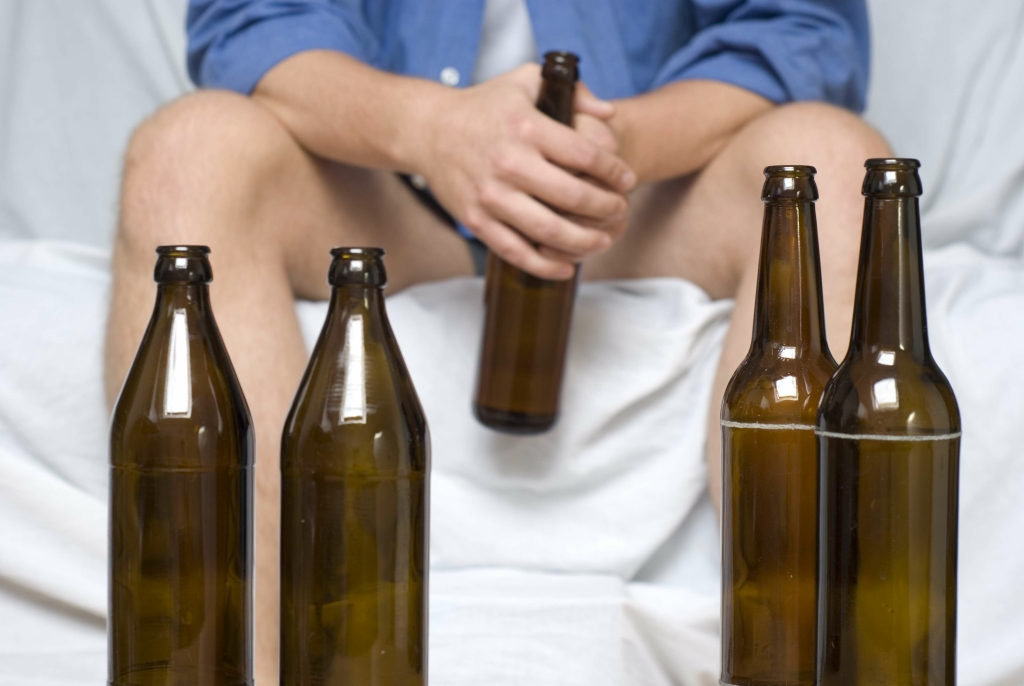Treatment of Substance Use Disorders Overdose Prevention
What is the Full Cycle of the Accounts Payable Process
يناير 26, 2021CPA Carlsbad CA Carlsbad Accounting Firm
يناير 27, 2021Treatment of Substance Use Disorders Overdose Prevention
This finding can provide an insight for researchers to clarify the definition of recovery before designing the research. Ambiguity in the definition of recovery occurred when the researcher tried to emphasize the theoretical differences in its definition but overlooked them in practice. We need to relinquish certain restrictions of the theoretical definition, but instead exert them practically. The researchers and clinicians need http://www.freeoboi.ru/eng/wallpaper/7497.html to agree on the criteria that determine the indicators of recovery in persons for assessing the recovery.

Meeting People Where They Are

A good place to start looking at this issue is to focus on the problems themselves. Both addiction and mental illness are brain diseases that affect behavior, attitudes, moods, and cognition alike. Both are profoundly stigmatized and those who struggle with these issues too often deal simultaneously with social isolation, poverty, http://anfiz.ru/books/item/f00/s00/z0000034/st049.shtml family estrangement, unemployment, and a loss of social status both at home and in the community. Many end up treated more like children than adults – people unable to make their own decisions or have control of their fate.

What Is the Difference Between Treatment & Recovery?
- In the first stage, precontemplation, substance users are largely unaware that their alcohol or drug use is causing problems.
- “This is really good news I think and something to share and be hopeful about,” said Dr. John Kelly, who teaches addiction medicine at Harvard Medical School and heads the Recovery Research Institute at Massachusetts General Hospital.
- Peer or mutual support is not restricted to AA or NA; it is available through other programs that similarly offer regular group meetings in which members share their experiences and recovery skills.
- A faith-based approach in conjunction with medication may resonate with one person, whereas someone else may prefer behavioral therapy and a different type of medication for opioid use disorder (at least three are available and effective).
- Community is the relationships and social networks that provide support, acceptance, friendship, love, respect, and hope.
The goal, Rutherford explains, is to construct a “recovery story” built from both qualitative and quantitative data for each individual seeking support. Various HEAL-funded research projects, such as the HEALing Communities Study, partner with recovery organizations to help communities choose the most effective strategies to meet local needs and conditions. The NIH HEAL Initiative also partners with NIDA to fund research within the Consortium on Addiction Recovery Science, a nationwide effort that focuses on research network-building initiatives. Put simply, these projects will benefit communities grappling with opioid misuse and overdose and other substance use disorders by rapidly advancing research aimed at providing effective recovery support services to people who need them. Research on the science of addiction and the treatment of substance use disorders has led to the development of research-based methods that help people to stop using drugs and resume productive lives, also known as being in recovery. Recovery from addiction is not a linear process, and increasingly, relapse is seen as an opportunity for learning.
- Many of these people run the risk ofrelapsingbecause they have not made any fundamental changes to their behavior.
- Now she’s a homeowner, she started a small business and says life is “awesome.”
- Researchers say these hopeful findings are significant because they might inspire people to keep attempting recovery even after they endure multiple relapses.
- He is the author of numerous books, including From Bud to Brain and Marijuana on My Mind.
- At every step of the way, support from friends, peers, and family is useful, but there are also many services and organizations that provide guidance., and many can be accessed through Recovery Community centers.
- Many people desire only to moderate use and bring it under control.
- Overdose prevention is a CDC priority that impacts families and communities.
The Difference Between Sobriety & Recovery
Recently, a new patient reached out in the support group channel, struggling in his first week of treatment, and a Recovery Coach replied via text message and voicemail to offer support. Feeling too ill to speak on the phone, the patient communicated with the coach via text. He was initially reluctant to open up, but the coach utilized skills learned in the Recovery Coach Academy, providing support and offering to “meet” the patient at the next support group meeting.
Perspectives in Primary Care
Ironically, the admitting of powerlessness permits addicts to now have a say in their future behaviors. They no longer have to give in to their drug of choice because the recovery process of having hit “rock bottom” creates new opportunities to grow in a community with other like-minded people. Addressing misperceptions, especially in marginalized communities, is crucial for improving overall treatment access.
To save lives, overdose antidote should be sold over-the-counter, advocates argue

With repeated heavy drinking, however, tolerance develops and the ability of alcohol to produce pleasure and relieve discomfort decreases. Here, we outline a framework for understanding alcohol-induced changes in the brain, which can help you appreciate the challenges faced by many patients with AUD when they try to cut back or quit drinking. We then describe evidence-based treatments you can recommend to patients to help the brain, and the patient as a whole, to recover. Recovery starts and continues in relation to personal traits, intensity, duration, personal needs, and society. In the course of recovery, the individual’s objectives matter and this process may continue at any speed or rate and taking any approach and everyone’s own experience (4, 26, 29-31). For many with an alcohol problem, drinking a different https://r2b.ru/stati/pervoe-prjamoe-dokazatelstvo-togo-chto-reakcija.html kind of beverage can keep recovery on track.
